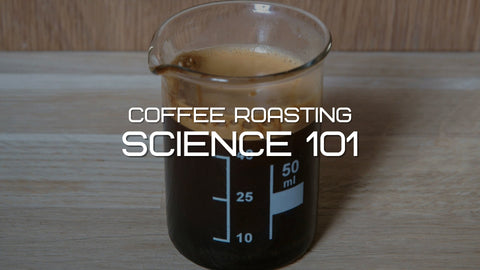
When it comes to brewing a delicious cup of coffee, we often focus on factors like coffee beans, brewing methods, and grind size. However, there is another crucial element that significantly impacts the taste and quality of your brew—water.
Yes, the water you use plays a vital role in extracting the flavors and nuances from your coffee beans.
Water Quality Matters
Water makes up the majority of your coffee, typically comprising more than 90% of the final cup. As such, the quality of the water directly affects the taste and aroma of your brew. Impurities, minerals, and chemicals present in water can alter the flavor profile, making it essential to consider water quality for a consistently excellent cup of coffee.
The Ideal Water Composition
The ideal water for coffee brewing strikes a balance between hardness and softness. While it may vary depending on personal preference and coffee beans, there are a few key considerations:
Hardness: Water hardness refers to the concentration of minerals, such as calcium and magnesium. Hard water can lend a heavy and dull taste to your coffee, whereas soft water might result in a lackluster and flat flavor. Aim for a moderate hardness level to achieve the best results.
pH Level: Coffee extraction is optimal at a slightly acidic pH level. Water with a pH range between 6.5 and 7.5 is generally considered suitable for brewing coffee, as it helps bring out the desirable flavors while avoiding excessive bitterness.
Chlorine and Impurities: Chlorine and other impurities can introduce off-flavors to your coffee. Using filtered or purified water can help remove these unwanted elements, leading to a cleaner and more enjoyable cup.
Understanding Water Sources
Different regions have varying water sources, and understanding the characteristics of your tap water can guide your brewing decisions. Municipal tap water often undergoes treatment processes that can affect its taste and mineral content.
Alternatively, well water may have higher mineral concentrations. Testing your water or utilizing water quality reports can provide insights into its composition and help you tailor your brewing approach accordingly.
Exploring Alternative Water Options
If your tap water doesn't meet the desired criteria for coffee brewing, you can consider alternative water sources:
Bottled Water: Opt for bottled water with known mineral compositions, preferably low in minerals like sodium. Natural spring water or purified water can serve as a good starting point.
Filtered Water: Utilizing a quality water filter can help eliminate impurities and control mineral content. Look for filters specifically designed for coffee brewing to ensure optimal results.
Third-Wave Water: For coffee enthusiasts seeking precision, Third-Wave Water packets are available in the market. These packets contain specific mineral blends designed to create an ideal water profile for coffee extraction.
Experimentation and Refinement
Coffee brewing is an art, and finding the perfect water for your taste preferences may require some experimentation. As you explore different water sources, mineral contents, and filtration methods, keep a record of your brewing variables and the resulting flavors.This iterative process will help you refine your brewing technique and discover the water profile that elevates your coffee experience.
Choosing the right water for coffee brewing is a critical yet often overlooked aspect of the coffee-making process. Unlock the true potential of your coffee beans and create consistently exceptional cups of coffee by upgrading your water input.


